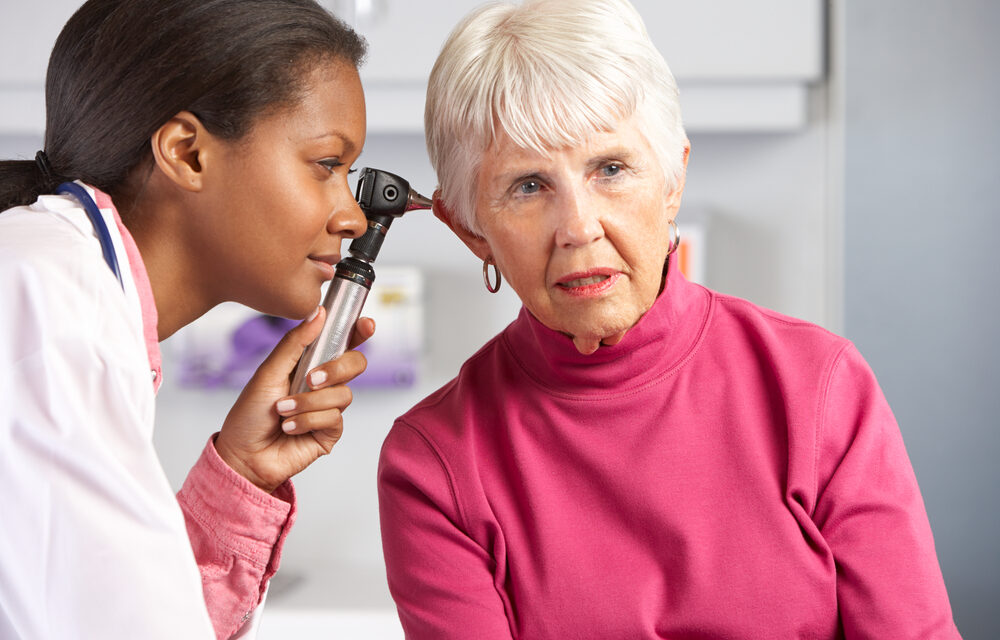By Annette Pinder
Recent U.S. Food and Drug Administration (FDA) regulations now make over-the-counter (OTC) hearing aids accessible. The American Speech-Language-Hearing Association (ASHA) supports the FDA regulations that ensure the safety, effectiveness, and affordability of these devices, but emphasize that they are not meant for everyone. Janice R. Trent, AuD, CCC-A, vice president for audiology practice for ASHA’s Board of Directors, notes that OTC hearing aids are intended for adults with mild to moderate hearing loss. She also recommends that anyone with hearing loss receive a hearing assessment by a certified audiologist as a first step before purchasing such a device.
Marie Ryan, audiology supervisor at Buffalo Hearing & Speech Center, says, “It is important to understand that OTCs do not always meet the needs of people with impaired hearing.” She points out that hearing loss is a serious and complex medical condition that can affect a person’s overall health, physical safety, and quality of life. “While many people will be helped by OTC hearing aids, it will not be the most effective solution for many others,” says Ryan, explaining that audiologists are health professionals who are trained to provide patient-centered care in preventing, identifying, diagnosing, treating hearing, balance, and other auditory disorders. She also says that many people underestimate the severity of their hearing loss, and that having a professional assessment can help rule out any other possible medical issues that may be causing a person’s hearing loss, ranging from earwax buildup, to a tumor. She also reminds people that hearing assessments are covered by insurance, even if hearing aids are not.
To help people make better decisions regarding purchasing an OTC, Ryan offers the following helpful information.
- OTCs help make sounds louder, and are approved for individuals 18 years of age and older.
- OTCs are intended for individuals with mild to moderate hearing loss.
- After purchasing an OTC, you will be responsible for setting it up, including fitting it properly and tuning the sound. Audiologists can help you set up and operate your device at the optimum levels for a fee.
- Your insurance coverage allows you to receive a hearing test from an audiologist before buying OTC hearing aids, to help you determine if the device will help you.
- The reason OTC hearing aids are less expensive than professionally fitted hearing aids is because of technology differences.
- Current estimates are that OTC hearing aids will cost between $300 and $600 per device, which is still a significant sum, making it a wise choice to visit an audiologist prior to purchasing one to determine if it is a solution that will work for you.
Having OTC hearing aids available has increased awareness of the prevalence of hearing loss and the role of audiologists in assisting with helping individuals use their devices to achieve optimal hearing. Buffalo Hearing & Speech Center audiologists are ready to help you get the most out of your device. To make an appointment at one of Buffalo Hearing & Speech Centers’ four convenient locations, visit www.buffalohearingcenter.com, or call the main office at 716- 885-8318.












